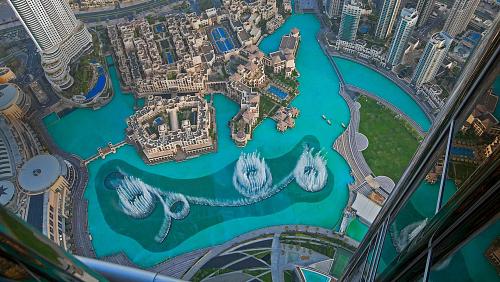Djibouti, a small country in the Horn of Africa, is making strides in improving its environmental practices through the investment in animal crematory equipment. This initiative is a part of the country’s commitment to sustainable development and reducing its carbon footprint.
Sustainable Solution
Traditionally, animal carcasses were disposed of through burial or open-air burning, both of which pose environmental and health risks. The implementation of animal crematory equipment provides a more sustainable solution for the management of animal remains, as it reduces air and groundwater pollution while minimizing greenhouse gas emissions. This transition to more environmentally-friendly practices aligns with global efforts to combat climate change and protect the planet’s natural resources.
Environmental Benefits
The introduction of animal crematory equipment in Djibouti offers numerous environmental benefits. By incinerating animal remains at high temperatures, harmful pathogens and pollutants are neutralized, preventing the contamination of soil and water sources. Additionally, the carbon emissions from cremation are significantly lower than those from open-air burning, resulting in a reduced impact on air quality and the atmosphere.
Economic and Social Impact
Beyond the environmental advantages, Djibouti’s investment in animal crematory equipment also has economic and social implications. The introduction of modernized waste management technologies creates employment opportunities for local communities, as skilled workers are needed to operate and maintain the equipment. Furthermore, the improved management of animal remains contributes to the overall hygiene and public health of the country, mitigating the risk of disease transmission and enhancing the well-being of its citizens.
Commitment to Sustainable Development
Djibouti’s investment in animal crematory equipment reflects its dedication to sustainable development and environmental stewardship. By embracing innovative solutions for waste management, the country is taking proactive steps to reduce its environmental impact and promote a healthier, more sustainable future for its inhabitants. This initiative serves as a model for other nations seeking to improve their environmental practices and uphold their commitment to global sustainability goals.
Conclusion
As Djibouti continues to prioritize sustainable development, the investment in animal crematory equipment stands as a testament to its commitment to environmental responsibility. By implementing modernized waste management technologies, the country is not only reducing its carbon footprint but also creating new opportunities for economic growth and public health improvement. This forward-thinking approach sets a positive example for other countries looking to enhance their environmental practices and contribute to a more sustainable world.








